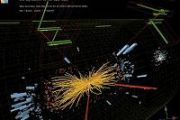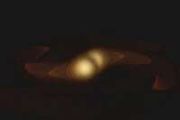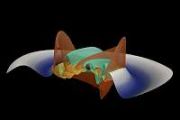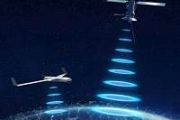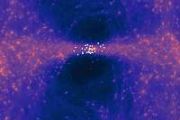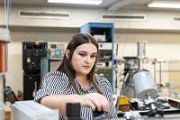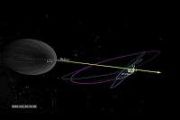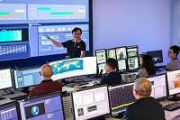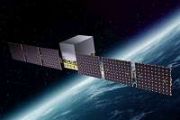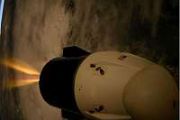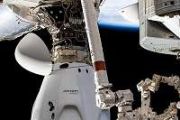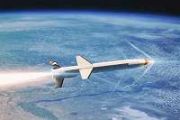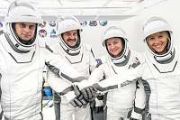
Copernical Team
New BlackSky satellite delivers rapid high-resolution imagery of strategic port operations
 BlackSky Technology Inc. has provided the first set of very high-resolution images from its third Gen-3 satellite less than 24 hours after launch. The company released images taken over the Port of Jebel Ali in Dubai, United Arab Emirates at 10:08 a.m. local time on November 22, 2025. The images document activity such as cargo container movement using large cranes, drayage operations involving t
BlackSky Technology Inc. has provided the first set of very high-resolution images from its third Gen-3 satellite less than 24 hours after launch. The company released images taken over the Port of Jebel Ali in Dubai, United Arab Emirates at 10:08 a.m. local time on November 22, 2025. The images document activity such as cargo container movement using large cranes, drayage operations involving t Sun-watcher SOHO celebrates thirty years

On 2 December 1995 the ESA/NASA Solar and Heliospheric Observatory (SOHO) blasted into space – on what was supposed to be a two-year mission.
From its outpost 1.5 million km away from Earth in the direction of the Sun, SOHO enjoys uninterrupted views of our star. It has provided a nearly continuous record of our Sun’s activity for close to three 11-year-long solar cycles.
Video: HydroGNSS launch highlights
Verifying that you are not a bot
Dynamic duo of bacteria could change Mars dust into versatile building material for first human colonists
Verifying that you are not a bot
What time is it on Mars? Physicists have the answer.
Verifying that you are not a bot
European rocket puts S.Korean satellite in orbit
Verifying that you are not a bot
How to watch the last supermoon of the year
Verifying that you are not a bot
Experts propose circular economy to cut waste and pollution from space missions
Verifying that you are not a bot
Flooding in Sri Lanka
 Image:
Puttalam district in North Western Sri Lanka is currently facing severe flooding, landslides and rockfalls, caused by heavy monsoon rains across the region. Copernicus Sentinel-2 captured an image over the region yesterday, 30 November 2025, as well an image one month ago, showing the extent of flooding.
Image:
Puttalam district in North Western Sri Lanka is currently facing severe flooding, landslides and rockfalls, caused by heavy monsoon rains across the region. Copernicus Sentinel-2 captured an image over the region yesterday, 30 November 2025, as well an image one month ago, showing the extent of flooding. World's first commercial space science satellite launched
Verifying that you are not a bot







